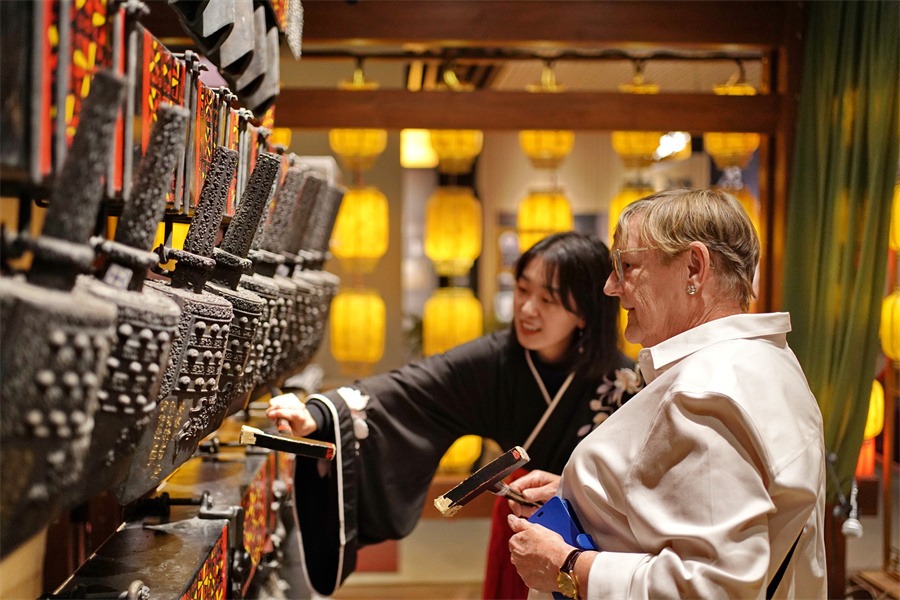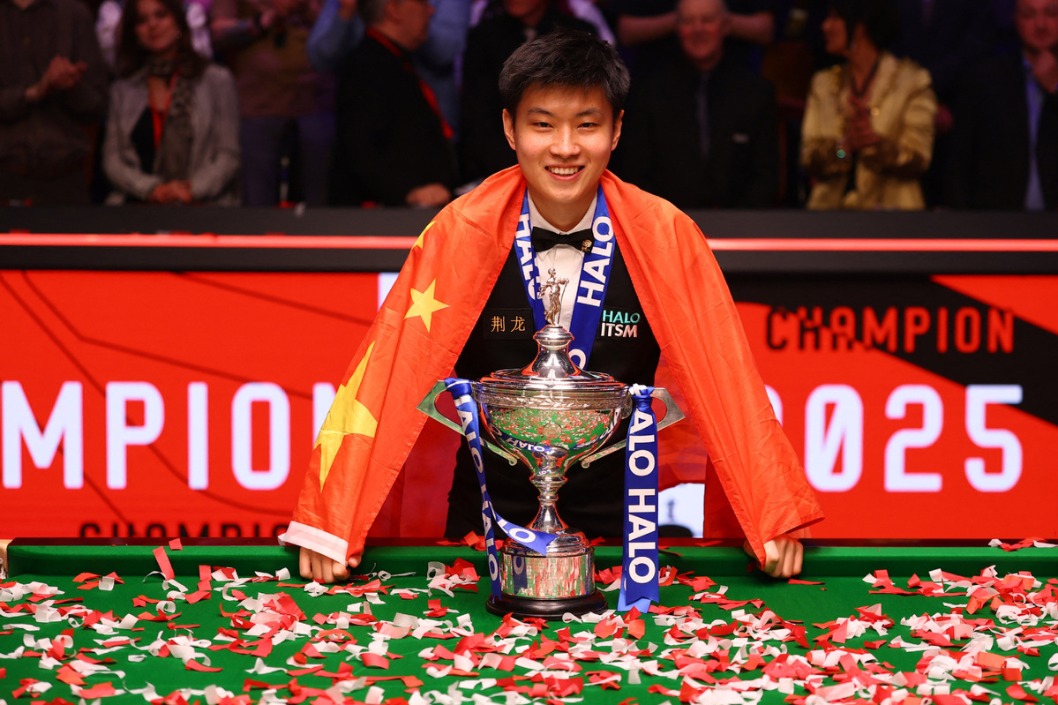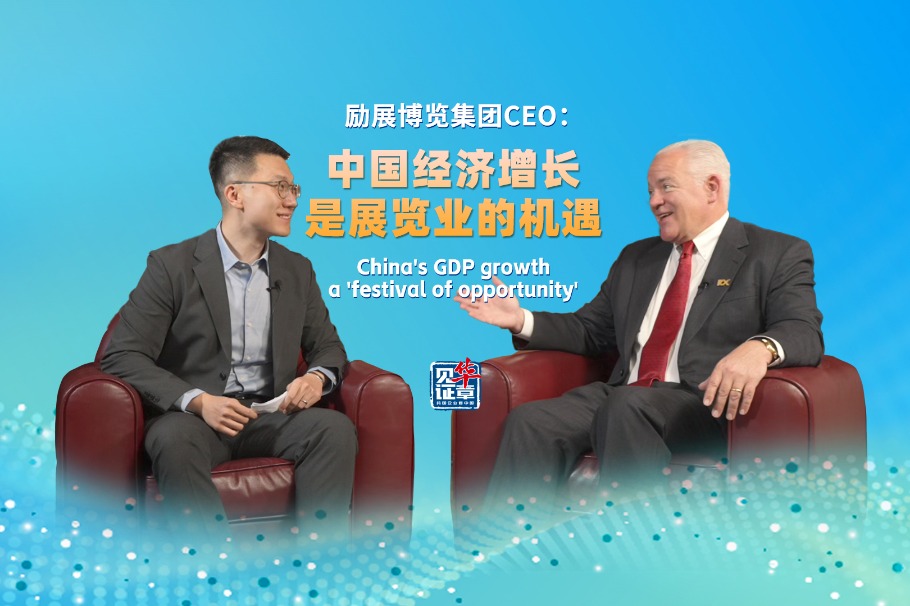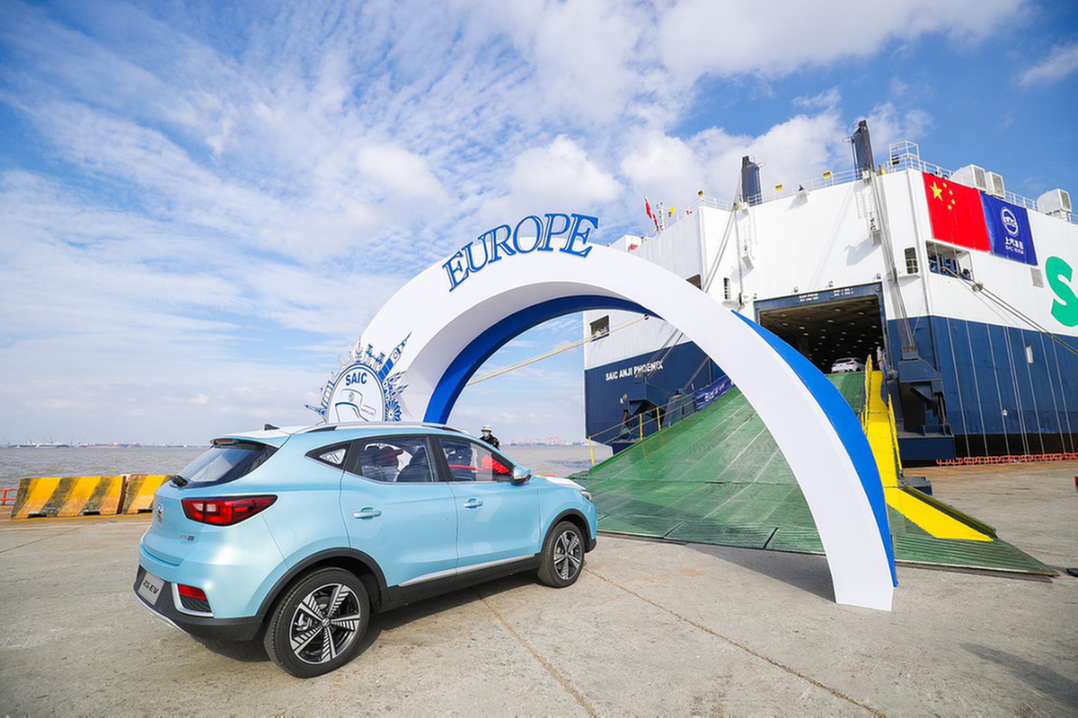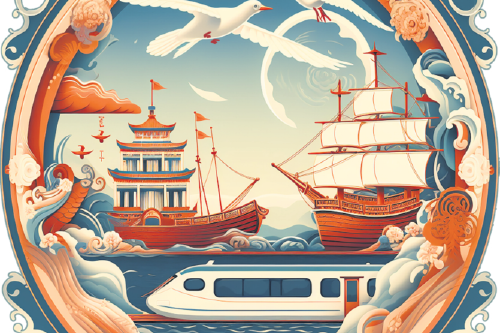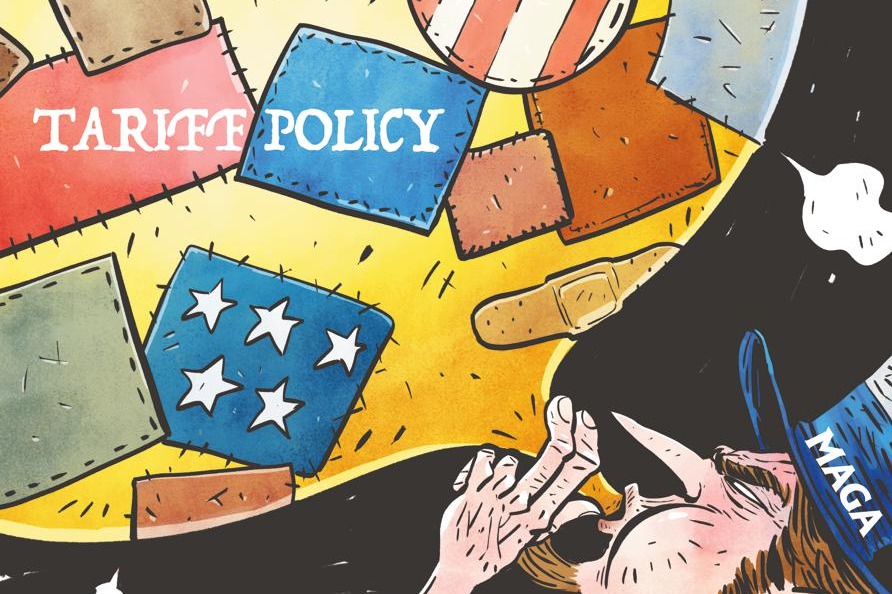Trust key to China-EU relations


MA XUEJING/CHINA DAILY
Editor's note: As China and the EU mark 50 years of diplomatic relations, their partnership remains crucial in navigating global uncertainties. Three experts share their views on the issue with China Daily.
This year, May 6 marks the 50th anniversary of the establishment of diplomatic relations between China and the European Union. This will take place at a significant moment for both of them, as well as for the entire world. The old, dangerous geopolitics — based on power, protectionism and spheres of influence — are returning. While it's not the first time that comprehensive relations between China and the EU have been tested by global political, economic and technological changes, the current shifts are, at the same time, something unique.
The United States, which has been the pillar of the Western world, the driving force behind globalization, and a cornerstone of global stability since World War II, is now calling all of that into question. For its friends and allies, including the EU, this poses an unprecedented challenge. But it has also made one thing increasingly clear: the EU must become more united in order to become more self-reliant.
This does not mean that the EU wants to oppose the US, rather that the EU seeks to establish greater autonomy in its relationship with the US — from ensuring security to strengthening its position in global politics. Only greater unity, respecting national differences, will allow the EU to become a strong global political, economic and technological power — both within and beyond its borders.
There is no reason that China should have to experience these changes in geopolitics — particularly the radical shifts in the official policies of Washington — in such a dramatic way. While there are many motivations and reasons for them, there is no doubt that the primary focus of these changes in US policy is an attempt to stop, or at least slow, China's rise. The US' actions to achieve this, particularly its initiation of a trade war, have significantly shaken the economic and political stability of the world, making it all the more difficult to foresee subsequent global changes.
The US has announced tariffs on virtually the entire world. What is particularly interesting is that the US decided to impose these tariffs unilaterally, both on allied countries and competing nations. Given the earlier assessment that the strategic shift in US policy is primarily focused on China, this seems illogical. To some extent, this approach can be explained by US President Donald Trump's firm belief that the US must regain the respect of the entire world, without exception. This pursuit of respect for the US as the world's central superpower has been central to Trump's rhetoric both before and after the elections. He justifies tariffs on the world by asserting that all countries, without exception, have exploited the generosity of the US, illustrating this with the trade deficit. As a result, the trade deficit has become part of the equation on which the level of tariffs the US wishes to impose on individual countries is calculated.
The unpredictability of where the trade war might lead remains too great. On the one hand, there is the impression that Trump sees the significant tariff increases as a tool for the renaissance of US industry. On the other hand, there is also the impression that it is equally important that both the US and global public directly witness this renaissance of US power and influence in global politics, economics and security.
In circumstances like these, where many grounding principles are being uprooted, a growing number of observers see a shared interest between China and the European Union in deepening their economic cooperation. Unfortunately, Brussels is no more autonomous now — but the EU does have a compelling reason and a legitimate basis to begin striving for greater autonomy, including through a warming of economic cooperation with China. This is not because the EU wishes to position itself against the US. But because deeper economic cooperation between the EU and China is mutually beneficial — regardless of the current, highly idiosyncratic circumstances. These circumstances merely act as an accelerator for such cooperation.
While Beijing may officially express hope for improved trade relations with the EU, it seems to be relying more heavily on its tangible influence in Asia, Africa, and the countries of the Global South.
Trust is something desperately missing from world politics. The low level of dialogue, as well as the neglected search for common, compromise-based solutions that are sustainable for the entire world, threatens global peace. But even in this context, reason must prevail. Regarding China-EU relations, this means a rational assessment of the possibilities for strengthening everything that is of mutual benefit. Trade and the economy are, without doubt, examples of this. Political courage will be needed to strengthen trust. It will not be easy. But it remains possible.
The author is former prime minister& president of Slovenia, EU(2012-2022), and co-chairman of the Mencius Foundation Advisory Board.
The views don't necessarily reflect those of China Daily.
If you have a specific expertise, or would like to share your thought about our stories, then send us your writings at opinion@chinadaily.com.cn, and comment@chinadaily.com.cn.

















